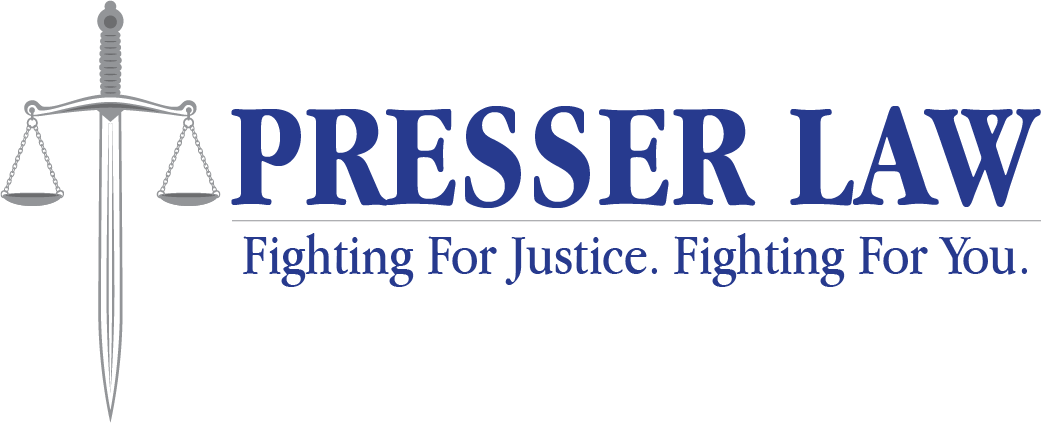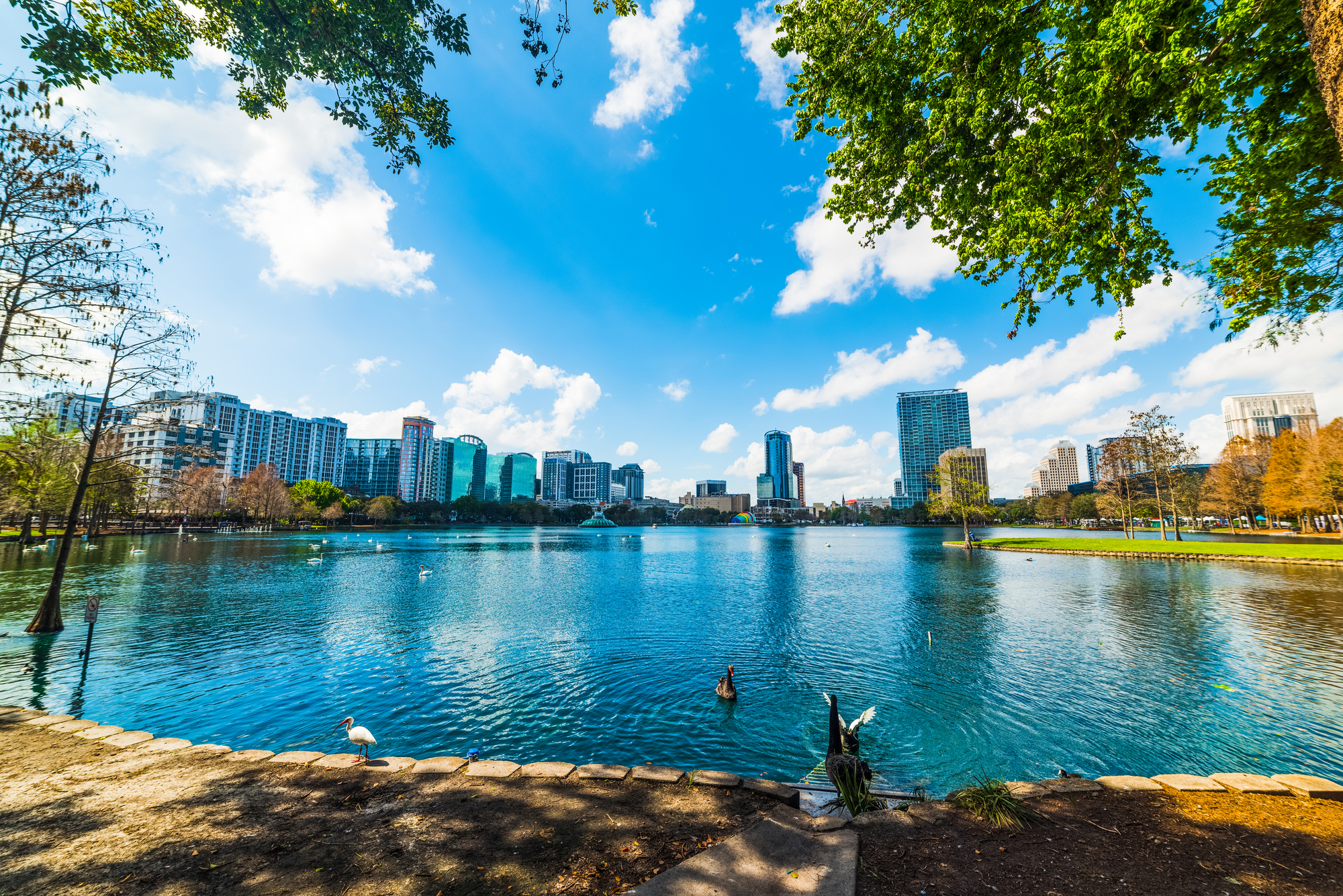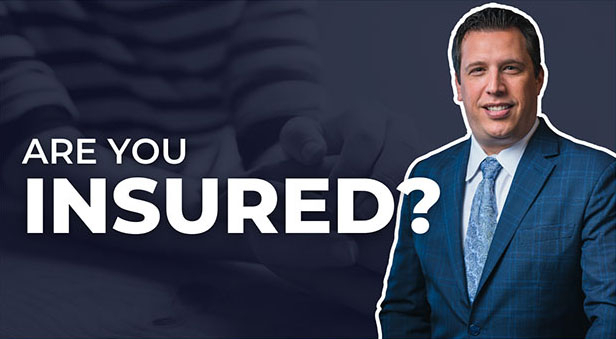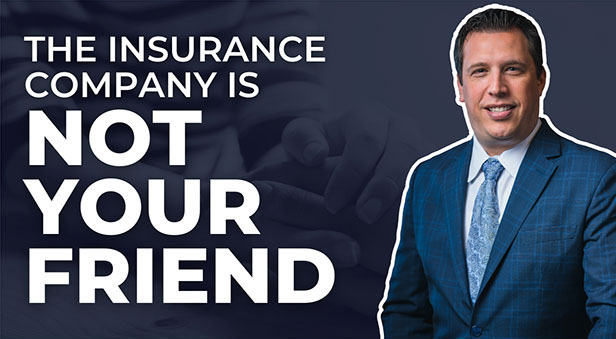
Sovereign immunity may affect your injury or wrongful death claim if your injury or loved one’s death was caused by the government and/or its employees actions or inaction.
What is Sovereign Immunity?
America broke away from Britain and asserted its own independence. However, not every idea the British imposed on us went away. For example, we kept the idea of Sovereign Immunity. For injury and wrongful death claims, this means that the State cannot be sued without the State’s permission. At the time of Florida’s creation, sovereign immunity was part of our common law. Florida later formally adopted and codified this rule through the legislature. As such, Florida controls the circumstances upon which it can be sued. It can also limit its potential exposure for various claims – including injury and wrongful death.
Limited Sovereign Immunity Waiver
Florida Statute §768.28 provides limited waiver of sovereign immunity for injury, damage to property and wrongful death claims arising out of the action or omission of any government employee. However, there are two important limitations.
The first limitation is the amount that can be collected from the government for injury, property damage and/or wrongful death. Without a claims bill, any recovery is limited to $200,000.00 for any single individual or $300,000.00 for any single event. Recently, the Florida Supreme Court held that a claim arising out of a mass shooting incident shall be considered a single incident or occurrence for purposes of sovereign immunity caps. As a result, claims against the government arising out of mass shootings are limited to a total of $300,000.00, regardless of the number of victims.
The second limitation is that an attorney may not charge, receive, or collect more than 25% of the amount recovered on behalf of their clients. This marks a significant reduction from standard contingency fees.
As a result, while damages may be capped, so too are the amount attorneys can charge.
Absolute Immunity v. Limited Sovereign Immunity Waiver
Sovereign immunity caps apply in every case where the victim seeks compensation from the state. However, this does not mean every victim can recover financial compensation. Whether the victim can obtain money damages depends on the classification of the government’s action.
Government action/inaction is separated into two categories – operational and discretionary. Claims arising under the government’s operational function are allowed subject to the limited sovereign immunity caps discussed above. Claims arising as a result of the government’s discretionary function are subject to absolute immunity and will be dismissed. However, an exception exists to discretionary, absolute immunity. The exception is where the government’s actions under its discretionary function creates a known danger. In that instance, the government may then be liable for the injuries caused. In this circumstance, liability is subject to the sovereign immunity cap.
CONCLUSION
Governments are supposed to protect the people, not injury them. However, failing to correct a lifted sidewalk slab, negligently operating a police car, or failing to fix known problems are just some of the ways people can be harmed by government action. Suing the government for injury or death is often a frustrating process. There is significant litigation that surrounds the classification of government actions as well as proper notice requirements. If you think you have a claim against the government, you should seek immediate consultation with an attorney experienced with such claims.
At Presser Law, P.A., we have the experience and aggressiveness to pursue claims against the government. Put our experience to work for you.
GET YOUR FREE CAR ACCIDENT, INJURY OR WRONGFUL DEATH CASE REVIEW WITH AN EXPERIENCED ATTORNEY TODAY
If you have been injured in a car accident or recently lost a loved on, contact Presser Law for a free case review with an attorney to determine your legal rights. For over 10 years, Justin Presser has represented car accident and injury victims throughout Central Florida in their times of need and he would be honored to help you as well.
Click For Free Case Review______________________
About Injury and Wrongful Death Attorney Justin H. Presser
Justin H. Presser is an award-winning lawyer and founder of Presser Law, P.A. representing clients in the areas of personal injury, car accidents, motorcycle accidents, wrongful death and more. With an office located in Altamonte Springs, Florida, Presser Law, P.A., proudly services clients throughout Central Florida including the following areas: Orange County including Orlando, Ocoee, Doctor Phillips, Apopka, Winter Garden, Winter Park, Maitland, College Park, Thornton Park; Seminole County including Altamonte Springs, Longwood, Winter Springs, Lake Mary, Oviedo, Casselberry, Chuluota; Lake County including Clermont, Mount Dora, Eustis, Tavares, Leesburg, Sorrento; and Brevard County including Melbourne, Merritt Island, Cocoa Beach, Titusville, Palm Bay.
We are social:
